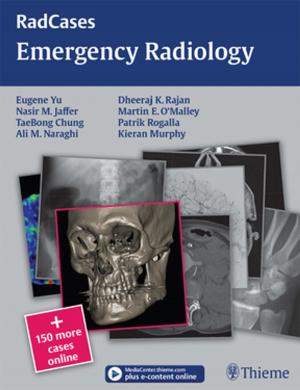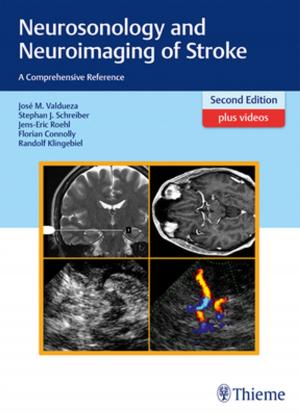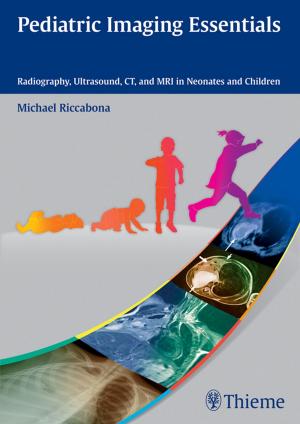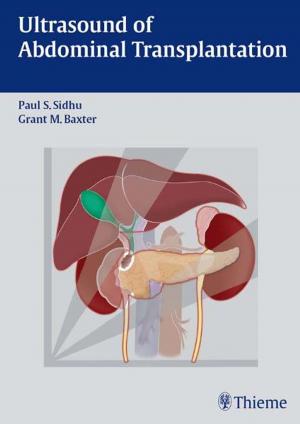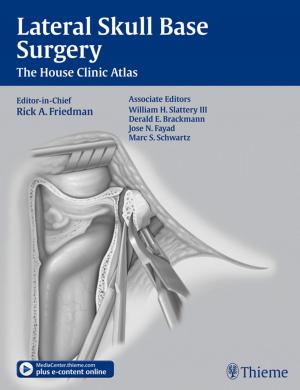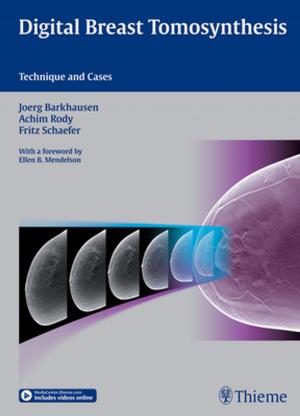Normal Findings in Radiography
Nonfiction, Health & Well Being, Medical, Medical Science, Diagnostic Imaging, Allied Health Services, Radiological & Ultrasound, Specialties, Radiology & Nuclear Medicine| Author: | Torsten Bert Moeller | ISBN: | 9783131646712 |
| Publisher: | Thieme | Publication: | January 1, 2011 |
| Imprint: | Thieme | Language: | English |
| Author: | Torsten Bert Moeller |
| ISBN: | 9783131646712 |
| Publisher: | Thieme |
| Publication: | January 1, 2011 |
| Imprint: | Thieme |
| Language: | English |
This book deals with a subject that is seemingly trivial: normal findings in radiology. However, the normal is also the frequent, but not always the simple. Every radiologist has experienced difficulties in the systematics of imaging and with phrasing the diagnosis. This book is intended to answer three questions:- How should the diagnosis be phrased?- Which general scheme can I use to evaluate an image; how can I check for the degree of normality?- Which data allow me to evidence normality, and what measurements should be taken?In spite of the introducion of digital X-ray imaging, the interpretation of conventional X-rays has not basically changed during the past ten years, which is evidenced by the development of this book. Since its first publication in 1987, it has gone through several unchanged reprints. In the 2nd German edition the text has hardly been changed; however, several new images have been added.The method of making findings and the systematic method of interpreting images are still relevant today. Consequently, the strict and systematic organization of the book was left unchanged. The new layout leads to a clearer accessibility of the material for the reader.
This book deals with a subject that is seemingly trivial: normal findings in radiology. However, the normal is also the frequent, but not always the simple. Every radiologist has experienced difficulties in the systematics of imaging and with phrasing the diagnosis. This book is intended to answer three questions:- How should the diagnosis be phrased?- Which general scheme can I use to evaluate an image; how can I check for the degree of normality?- Which data allow me to evidence normality, and what measurements should be taken?In spite of the introducion of digital X-ray imaging, the interpretation of conventional X-rays has not basically changed during the past ten years, which is evidenced by the development of this book. Since its first publication in 1987, it has gone through several unchanged reprints. In the 2nd German edition the text has hardly been changed; however, several new images have been added.The method of making findings and the systematic method of interpreting images are still relevant today. Consequently, the strict and systematic organization of the book was left unchanged. The new layout leads to a clearer accessibility of the material for the reader.

